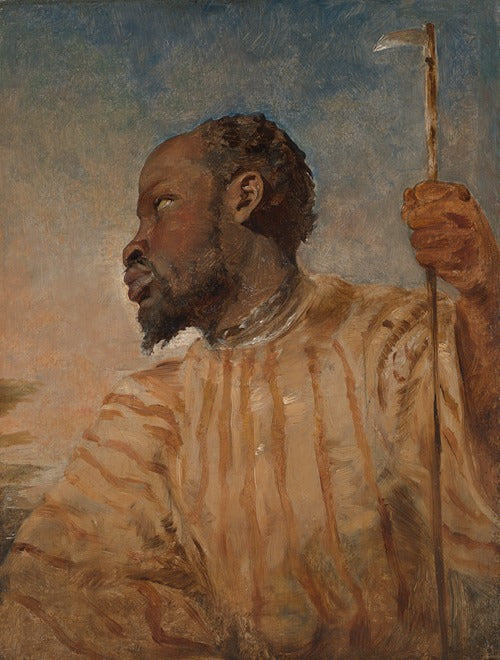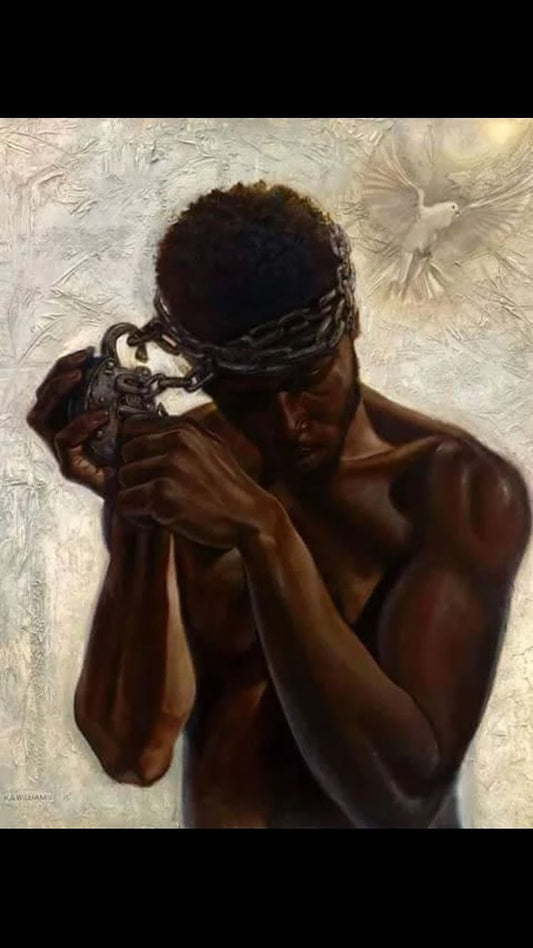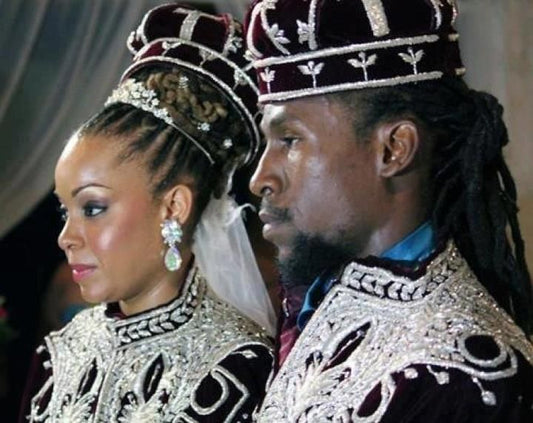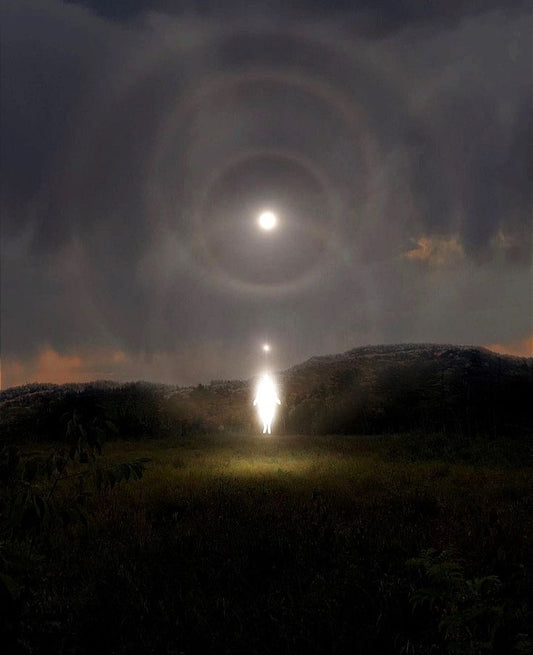
THE KINGDOM OF GOD IS NOT A MATTER OF TALK BUT OF POWER
Share
There is a time to dream, and a time to actively pursue what that dream is all about. Because this the DAY where our nation, and many of its people, get to pretend that we follow the words of famed Civil Rights Leader Martin Luther King: a Mahatma Gandhi 2.0, whose non-violent process he admired, so much so that, he influenced his own movement by the same measured tactics, engineered and orchestrated mostly by Bayard Rustin — a gay man left out of the historical accolades of this era, a clear context of what we as a country still grappled with regarding human rights.
Today, many will post pictures and quotes from MLK, of whom a vast majority will be Black, curiously and ironically, those participating in things King stood against. The irony of course, are the MLK Boulevards scattered throughout the country, where violence and mayhem sadly abound, incongruous to the teachings of the man whose name is tarnished by such hypocrisy. Yet, there is an equally alarming aspect of the ignorance that doesn’t allow us to quite fulfill the words of this legendary figure of our times, those spoken in an eloquence that garnered support from the likes of just about every community in existence, including White. What then is the message? what we would hope in terms of furthering this profound union MLK hoped for? It is to finally know that, we are the actual DREAM he dreamt. And while we may still have certain nightmarish features of it, we are now at the precipice of understanding more fully what we are to do going forward.
You see, if we are the dream, then what responsibilities lie within our hands as actionable items in ensuring its compliance?
King knew that he wouldn’t see what he was speaking of. Yet, he left his crusade as a historical place marker for those within our present generation, that we might know the disparity between two historical moments — to comprehend how WE should behave, in real-time, relative to what we’ve already experienced by these past events. In essence, MLK was banking on our ability to be wise with what power his words possessed, much like discovered manuscripts that later, form a Bible.
When we fail to live up to our part in furthering the absolutes of King’s position, what is our assured “better union:” we then simply ignore the humanity King saw, while positing the image of certain and inalienable rights that were to be idealized largely in a specific “content of character.” His aim, beyond whatever rhetoric we might attach to it, was more to help us to realize that we are in actuality, handlers of such constitutionality that inspires more positively, future generations to come.
King wasn’t perfect, not in a Christian disclaimer kind of way. But in what he must have known to be the limitation of being one man, though certainly, among many of the same, who like-mindedly, sought a higher calling for their lives, to benefit much in the same manner, what MLK knew would one day be realized, albeit, by merely and very simply, following the same chartered path, as one would a Jesus Christ. He knew that his words were everything that would make that possible. And that’s what’s he left for us to unfold within our space and time continuum.
So today isn’t an observational occurrence, as we so routinely project, as much as it is a duty, a calling of the guard to protect and be guided by a forming power reminiscent of an ecclesia of old, what power we do not necessarily see, but what is seen by what sees us, in our best and worst of times, where we fail, scrape our knee and get up again, the boo boo all made better, because we courageously grew beyond its pain.



